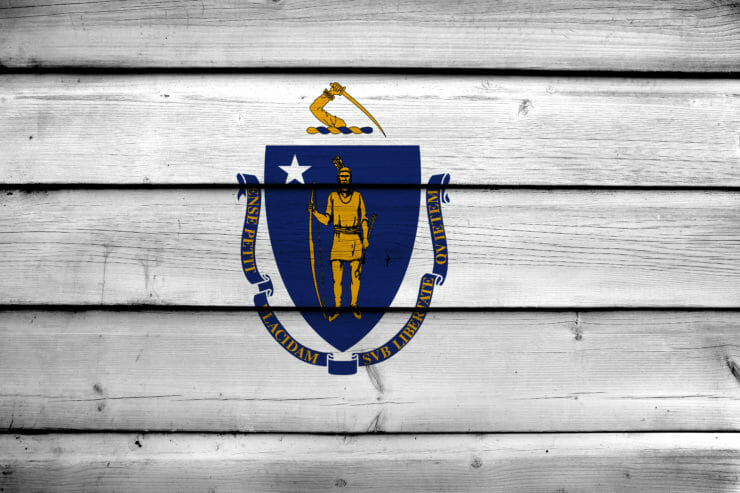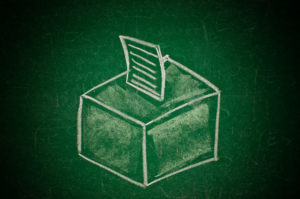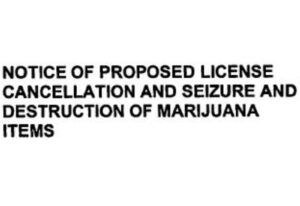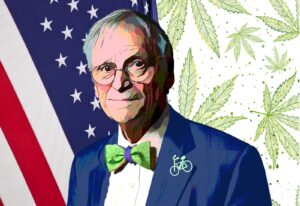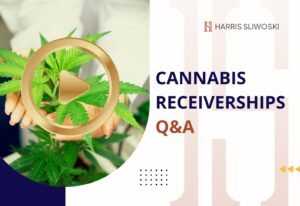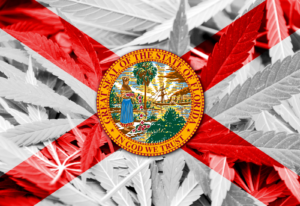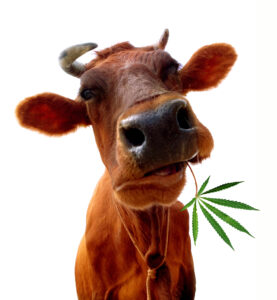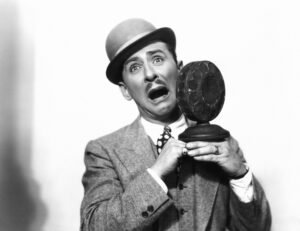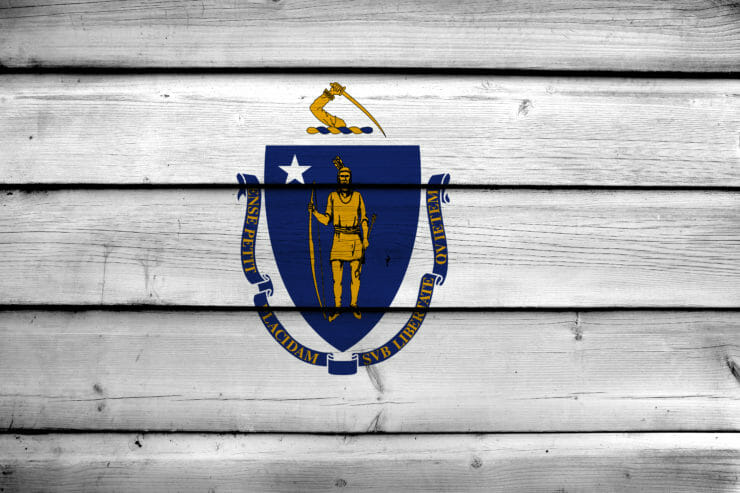
This federal and state interplay has resulted in many legislative and regulatory changes at the state level. Indeed, most states have introduced (and adopted) bills that would authorize the commercial production of hemp within their borders. A smaller but growing number of states also regulate the sale of products derived from hemp.
In light of the rapidly evolving legislative changes, we are also presenting a 50-state series analyzing how each jurisdiction treats hemp-derived cannabidiol (Hemp CBD). Today we turn to Massachusettes.
The Massachusetts Department of Agricultural Resources (“MDAR”) oversees the state’s “Hemp Program.” The Hemp Program offers the following services:
- Licensing for Growers and Processors through an application process
- Inspection of growing sites and processing facilities
- Education and outreach to interested parties and hemp program participants
- Certification of Industrial Hemp through regulatory testing to ensure THC levels < 0.3%
MDAR test the THC percentage in hemp using high-performance liquid chromatography (“HPLC”) to test for total THC, including both delta-9 THC and THCa. This appears to be required pursuant to the recently issued interim hemp rules but is going to likely create problems for hemp growers nationwide.
An MDAR license is required to plant, grow, harvest, process or sell industrial hemp in Massachusetts. MDAR issues three different license types for growers, processors, and for those engaged in both growing and processing. A grower is a person who cultivates Industrial Hemp, and a processor converts Industrial Hemp into a marketable form through extraction or manufacturing. A processor is only allowed to process hemp that was grown in Massachusetts as part of the Hemp Program. However, according to MDAR’s Frequently Asked Questions on hemp, there is an exception to this general prohibition:
The only exception to this is if such hemp to be processed was obtained lawfully under federal law from an approved source. We are still waiting on guidance from USDA as to how domestically grown, unprocessed hemp may be transported over state lines and as such no unprocessed hemp grown in the United States may be brought into Massachusetts for processing at this time.
MDAR’s FAQs also state that Massachusetts was “waiting for additional guidance from USDA before developing a plan to ensure compliance with the 2018 Farm Bill[.]” Now that the USDA has provided guidance through its interim hemp rules, it appears to be only a matter of time before Massachusetts submits a hemp production plan to the USDA pursuant to the 2018 Farm Bill.
When it comes to the sale of hemp-derived products, the MDAR states that it does not regulate the retail market and is limited to the wholesale market. According to the MDAR, the wholesale market includes the following transactions:
- Wholesale of industrial hemp from Massachusetts Grower to Massachusetts Grower
- Wholesale of industrial hemp from Massachusetts Grower to Massachusetts Processor
- Wholesale of industrial hemp from Massachusetts Processor to Massachusetts Retailer
| Allowed | Not Allowed |
| Hemp seed and hemp seed oil | Any food product containing CBD |
| Hulled hemp seed | Any non-food product containing CBD derived from hemp that makes therapeutic and/or medicinal claims on the label, unless it has already been approved by the FDA |
| Hemp seed powder | Any product containing CBD that is being marketed as a dietary supplement, unless already approved by the FDA |
| Hemp protein | Animal feed that contains any hemp products, including CBD |
| Clothing | Unprocessed or raw plan hemp, including flower that is meant for end use by a consumer. |
| Building material | |
| Items made from hemp fiber | |
| Non-food CBD products for human consumption that DO NOT make any medicinal/therapeutic claims on the label and are not marketed as a dietary supplement, unless the product has already been approved by the FDA. | |
| Flower/plant from a Massachusetts licensed Grower to a Massachusetts licensed Grower or Processor |
The Massachusetts Department of Public Health (“MDPH”) has also posted FAQs on CBD and hemp in food. Unlike MDAR, the MDPH does have the ability to regulate retail sellers of food. Therefore, the sale of Hemp-CBD food and dietary supplement products is not allowed in Massachusetts. In addition, Massachusetts issued a temporary ban on “all non-flavored and flavored vaping products, including mint and menthol, including tetrahydrocannabinol (THC) and any other cannabinoid.”
In summary, Massachusetts allows for the cultivation and processing of hemp and appears to be working on a plan in light of the 2018 Farm Bill and USDA’s interim hemp rules. Massachusetts currently bans the sale of Hemp-CBD in food, dietary supplements, and unapproved drugs, following the FDA’s state position on these products. Massachusetts also prohibits the sale of hemp flowers and has a temporary ban on vaping products, essentially eliminating the smokable hemp market as well.
For previous coverage in this series, check out the links below:










